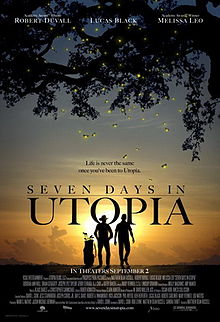
By India McCarty
Teens are starting to use apps that generate realistic fake text messages, and while it may sound harmless, parents need to be aware of the dangers they pose.
“There’s a growing trend among teens involving ‘Fake Text Generator’ apps — tools that allow users to create entirely fabricated text message conversations that look real,” a Facebook post from parenting page Officer Gomez reads. “While these apps might seem harmless or humorous at first glance, they can quickly become a serious tool for deception, bullying, or manipulation.”
Fake Text Generator apps let users create fake message screenshots that look like they could be from iMessage, WhatsApp, Instagram and other platforms. The user can choose the message content, the names of the “people” texting and the timestamps on the texts.
Related: Just How Much Time Is Your Teen Spending Online?
While this might sound harmless, Officer Gomez cautioned parents, telling them the apps could be used to cyberbully, lie to adults or fake emergencies.
“These fake texts can be incredibly convincing and used to manipulate trust or trigger disciplinary or legal consequences,” the page continued, explaining that “some teens may not understand the legal implications — creating a fake message involving threats or criminal claims can be considered harassment, defamation, or even fraud.”
So, what can parents do?
“Talk early and often,” Officer Gomez said. “Discuss online honesty, integrity, and the real-world consequences of digital actions.”
The page also advised monitoring the apps your child downloads, teaching your child the importance of digital responsibility and reporting any misuse you see of these apps immediately.
“Starting early and talking often to your children is essential. Especially since children begin engaging with AI through social media, search engines, and smart devices at a young age,” Ateba Whitaker, Associate Professor of Practice at Virginia Tech, said in an interview with Today’s Parent.
These fake text generator apps are just one of many similar tools kids can use to falsify texts, images and videos. AI is on the rise, and tech experts are warning parents and teachers to keep kids away from the technology.
“We failed kids when it comes to social media,” Nina Vasan, founder and director of Stanford Brainstorm, the university’s technology and mental health-related lab, said, via CNN. “It took way too long for us, as a field, to really address these [risks] at the level that they needed to be. And we cannot let that repeat itself with AI.”
In a statement, she added, “Companies can build better, but right now, these AI companions are failing the most basic tests of child safety and psychological ethics. Until there are stronger safeguards, kids should not be using them.”
As AI and other technologies get more advanced, it’s important that parents stay aware of what their children are doing online.
Read Next: How AI and ChatGPT are Changing Education
Questions or comments? Please write to us here.


 - Content:
- Content: 

